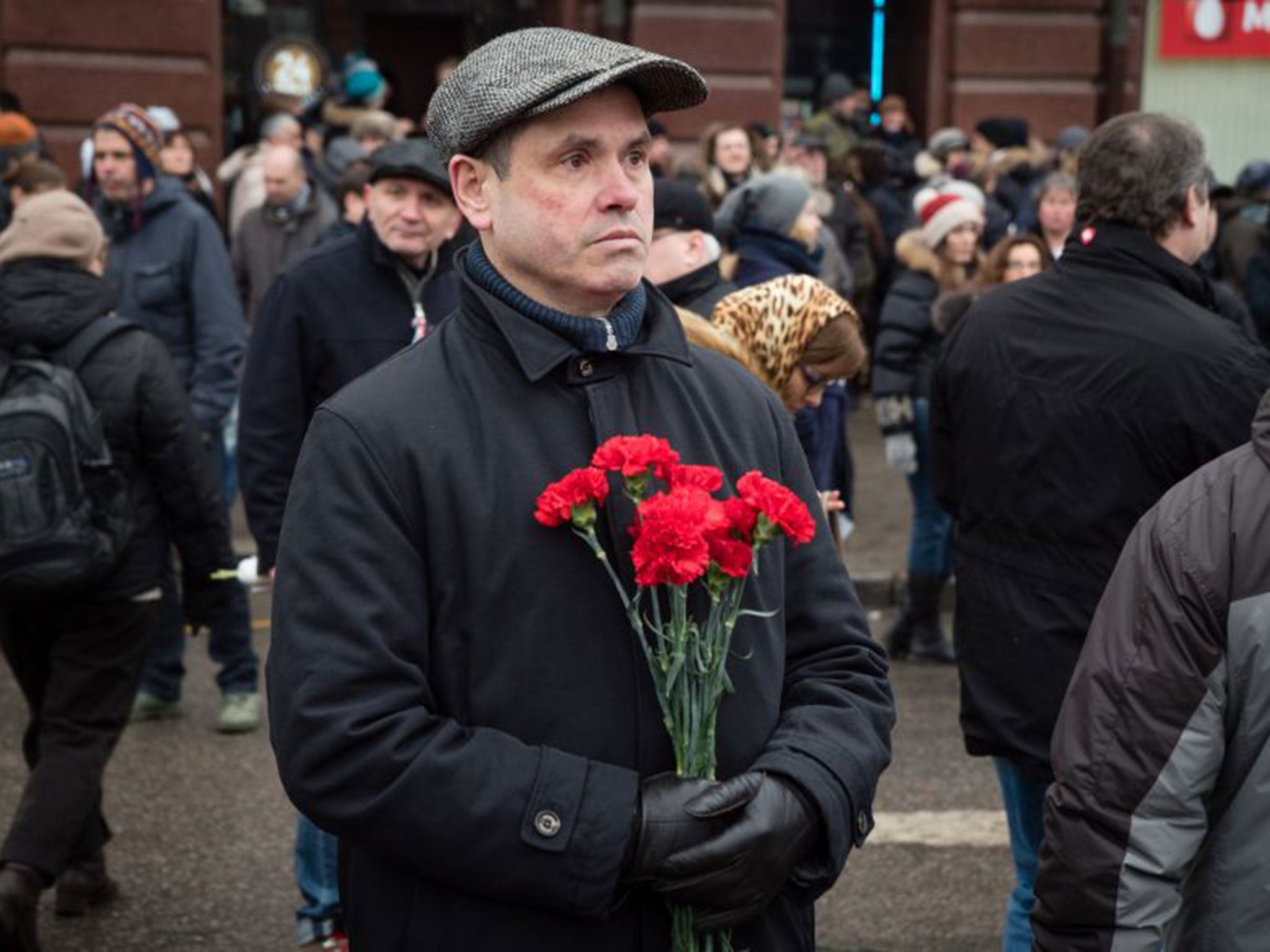Boris Nemtsov shot dead: This form of political lawlessness appeared to be in the past. No longer
Nemtsov's death could give the liberal opposition both new unity and new heart


Your support helps us to tell the story
From reproductive rights to climate change to Big Tech, The Independent is on the ground when the story is developing. Whether it's investigating the financials of Elon Musk's pro-Trump PAC or producing our latest documentary, 'The A Word', which shines a light on the American women fighting for reproductive rights, we know how important it is to parse out the facts from the messaging.
At such a critical moment in US history, we need reporters on the ground. Your donation allows us to keep sending journalists to speak to both sides of the story.
The Independent is trusted by Americans across the entire political spectrum. And unlike many other quality news outlets, we choose not to lock Americans out of our reporting and analysis with paywalls. We believe quality journalism should be available to everyone, paid for by those who can afford it.
Your support makes all the difference.The gunning down of Boris Nemtsov, one of the most prominent and long-standing members of the Russian opposition, was a political act carried out by professionals. From the Kremlin to the further reaches of the Russian opposition to foreign sympathisers and observers, there is almost no disagreement about this.
There should be no disagreement either about Nemtsov’s personal courage, which verged on bravado. One way or another he had been active in opposition since the late 1980s, and never shunned the limelight. His period in national government, as a deputy prime minister during Boris Yeltsin’s presidency, was more the exception than the rule. Although increasingly outspoken about Putin and his policies, he steadfastly refused personal protection (to the recent concern of his mother). His oppositionist instincts ran deep. He came to national notice as the first regional leader to free local markets and permit small private businesses in Nizhny Novgorod, where he was mayor in the late 1980s. The Volga city, then called Gorky, had been a “closed” city and was where the dissident physicist Andrei Sakharov and his wife had been exiled. As mayor, Nemtsov began the city’s return to its historical roots as a great trading city. He was a “doer”, who did not shrink from risk.
It is true that whoever ordered Nemtsov’s killing could have been encouraged by a climate – post-Crimea – in which political opposition may be seen in some quarters as tantamount to treason, and that responsibility for setting the tone resides at the very top. But such a climate, if it cannot be contained, creates direct dangers to Putin himself.
On the one hand, as today’s march demonstrated, Nemtsov’s death could give the liberal opposition both new unity and new heart. On the other, such a brazen assassination suggests the possibility of a new wave of political lawlessness that could destabilise Russia by exposing Putin’s weakness. This is not a prospect that even the fiercest critics of today’s Kremlin should welcome.
Join our commenting forum
Join thought-provoking conversations, follow other Independent readers and see their replies
Comments